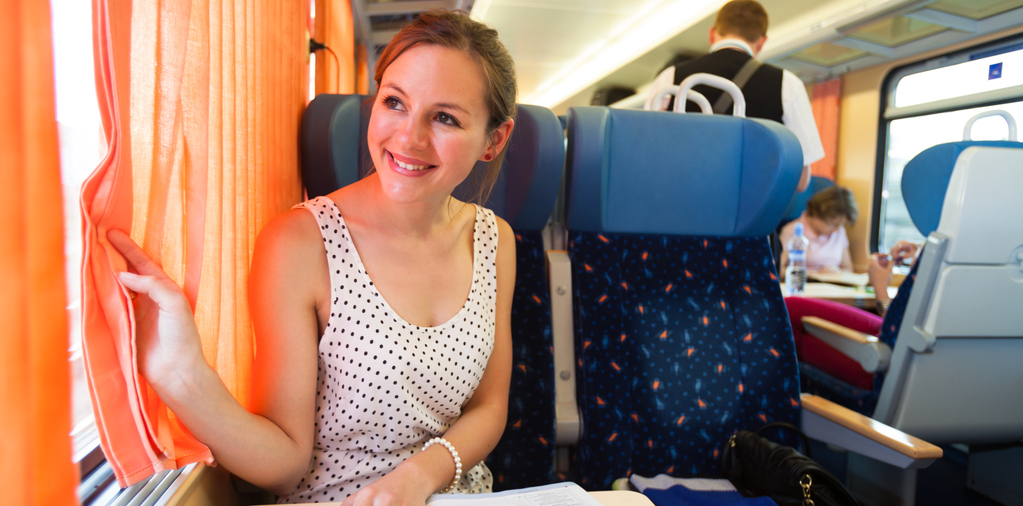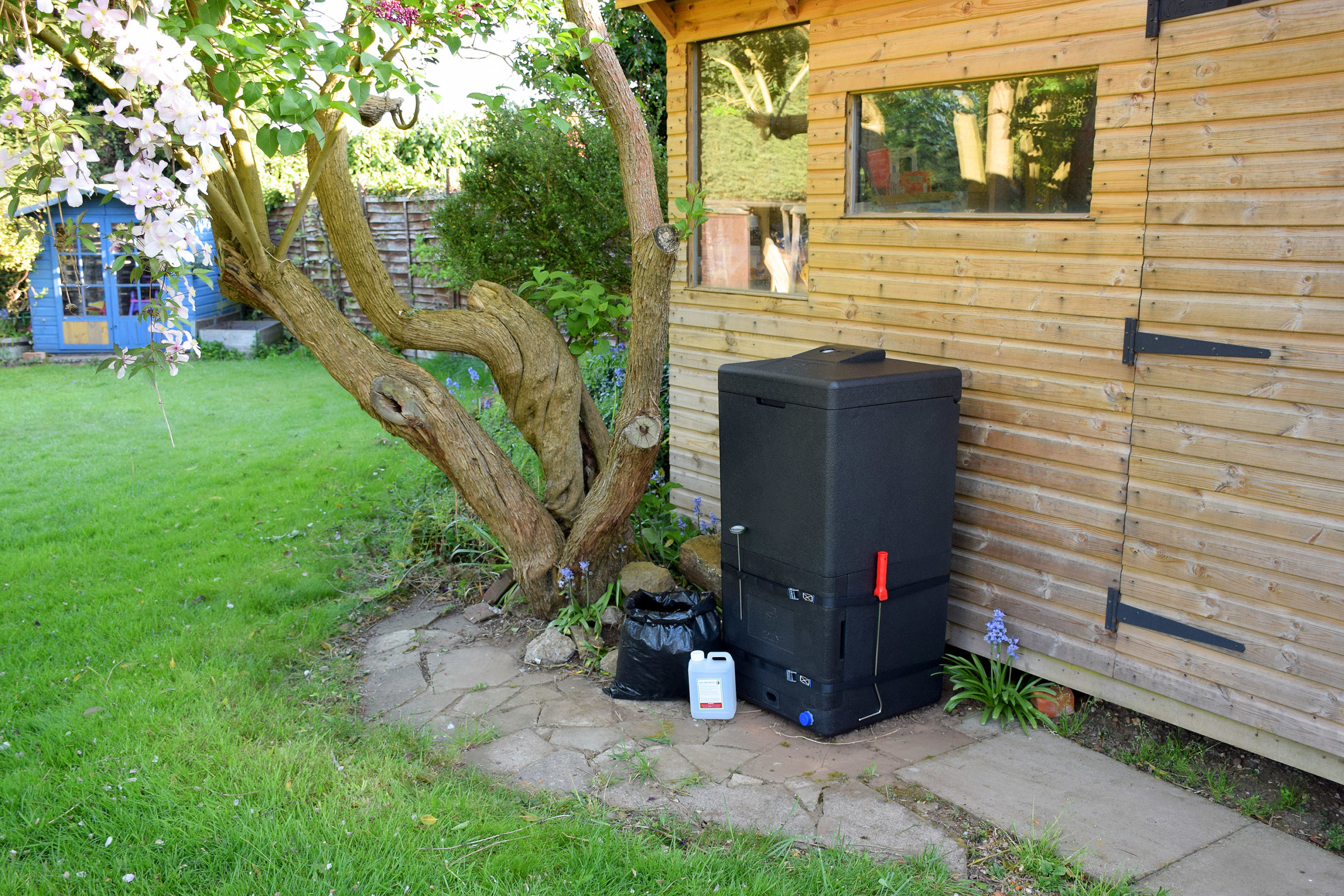xxx

Introduction
An ambitious and innovative programme that aims to remove a key barrier to taking “no-fly” holidays.
No time for slow travel?

Research by pioneering climate change charity Possible found that 50% of people are ready to reduce the amount they fly in response to climate change – but only 3% do. And the most widely cited barrier: time.
Climate Perks works with climate-conscious employers to offer paid ‘journey days’ to staff who travel on holiday by train, coach or boat instead of flying – empowering them to act on their values. In exchange, employers receive Climate Perks accreditation in recognition of their climate leadership.
xxx

Introduction
Your organisation’s impacts don’t only come from your own operations, but from all the products and services you buy to either use or sell.
Why?

Just as when we act as consumers, every pound spent by an organisation is a vote for the kind of future its leaders want to see. Some of these purchasing decisions have a direct impact on Scope 3 carbon emissions, but others are less visible. But by exercising influence over its suppliers, any organisation can have a much larger positive impact that it could achieve alone.
How
A sustainable procurement policy needs to be tailored to the organisation’s specific needs, but some of the areas to be considered might include:
- Renewable energy suppliers
- Low-energy electrical and electronic equipment
- Furniture that uses recycled materials and avoids wood associated with deforestation
- Fuel-efficient vehicles – or better still, electric vehicles
- Paper from FSC-certified forest
- Second-hand equipment where this is practical
- Eliminating single-use items and disposables
xxx

Introduction
A Hot Bin is a vertical composter that uses a fast aerobic process to convert garden and food waste into good quality compost over a period of 1-3 months.
Why

Making good quality compost (weed and disease-free) is a hard ask in most small gardens as there isn’t the quantity of suitable mixed materials to ensure that the compost heats up enough to kill weed seeds and spores. Food waste added to the compost heap would help the process but can attract vermin as well as family pets. A Hot Bin can be a good solution, taking up no more space than a green garden waste wheelie-bin, but it requires careful management of the nitrogen to carbon ratio. Don’t choose this method just for food waste; fermentation is a better option for our climate.
How?
All food waste, cooked and uncooked, can go in, except large bones; preferably cut up if you want quick composting. Also mixed green waste from the garden, but nothing that can’t be cut by secateurs or the lawnmower. With food waste, it’s essential to add a bulking material such as dry broken twigs or wood chips, plus paper to dry out the waste (perfect for shredded confidential office papers). You can make your own, but there are many kinds available for sale with added features like built-in thermometers and biofilters against spores and smells. There’s a lot of useful information at
https://www.hotbincomposting.com/






